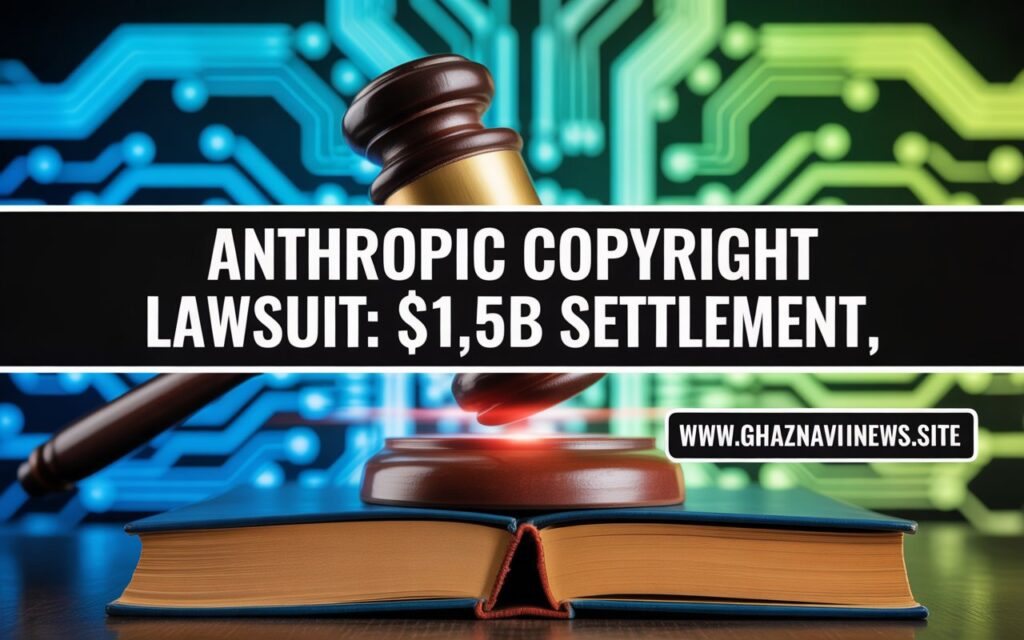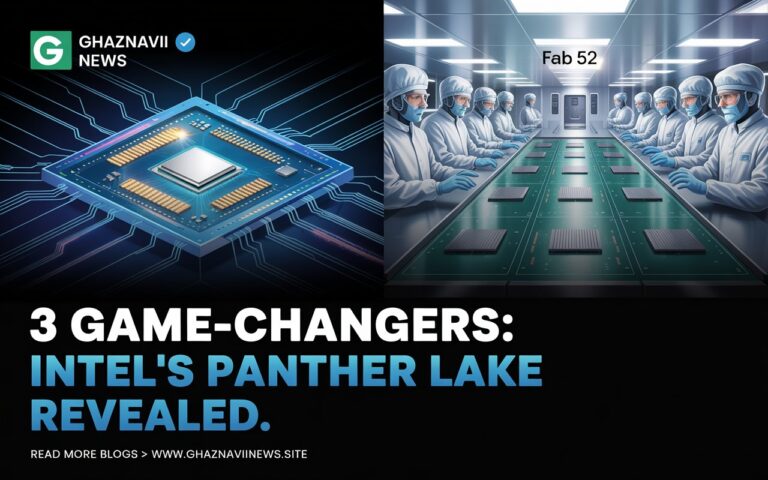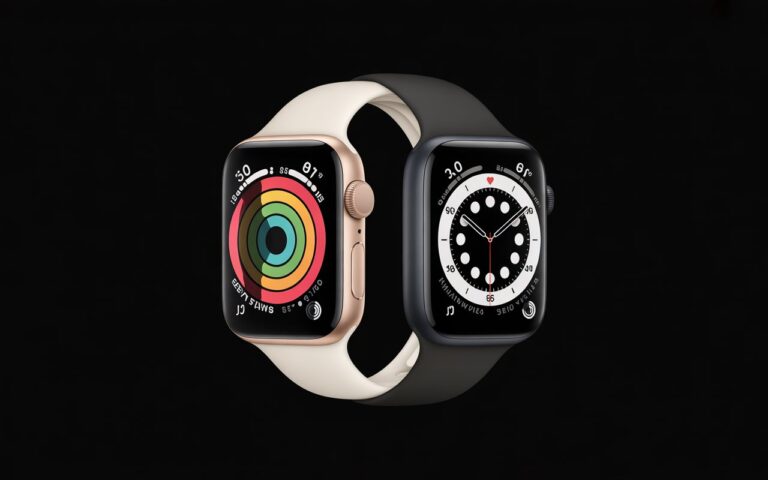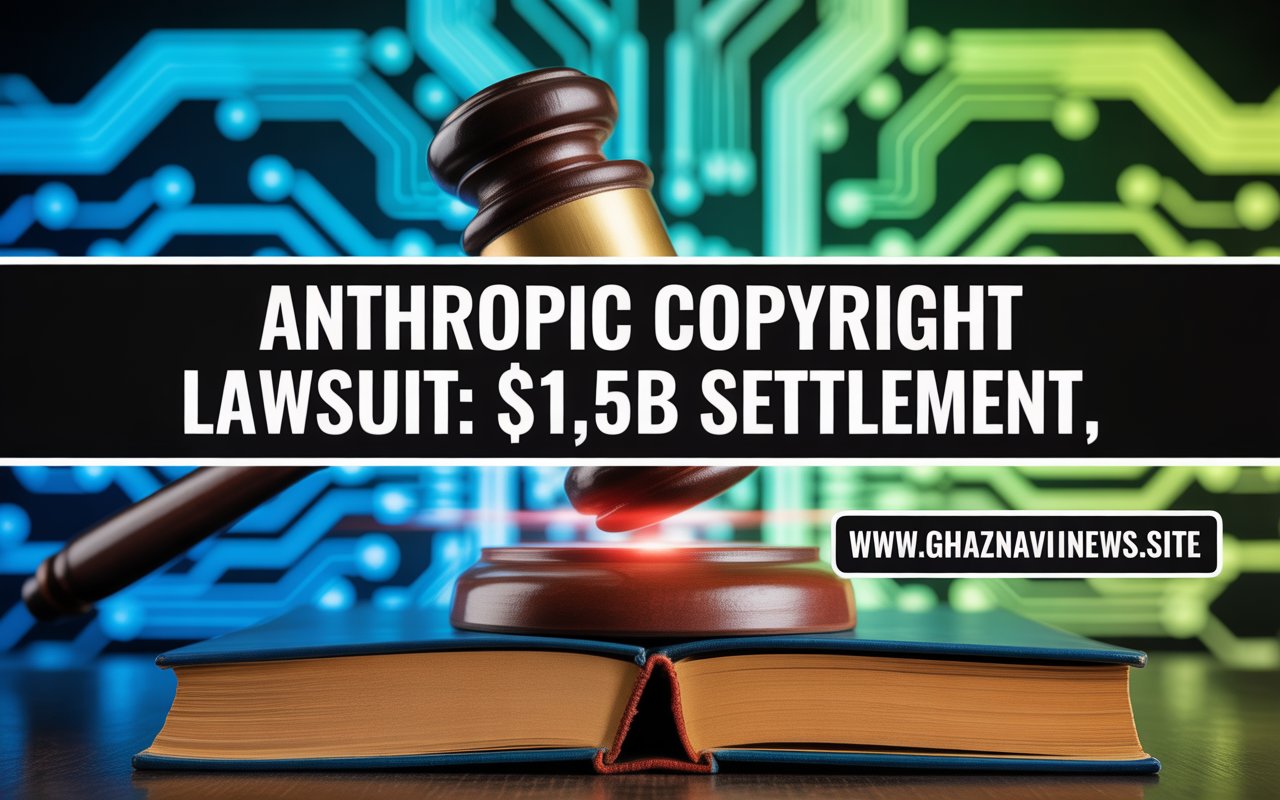
Anthropic Copyright Lawsuit: $1.5 Billion Settlement Shakes AI Industry
The Anthropic copyright lawsuit has become one of the most significant legal battles in the history of artificial intelligence and intellectual property. In this landmark case, the Anthropic copyright lawsuit resulted in a record-breaking $1.5 billion settlement, sending shockwaves through the AI world. Legal experts believe that the Anthropic copyright lawsuit will set a precedent for how AI companies handle copyrighted content. For many in the tech and publishing industries, the Anthropic copyright lawsuit represents a turning point, signaling the beginning of stricter accountability.
The Anthropic copyright lawsuit is not only about financial penalties but also about reshaping the future of AI training data, author rights, and corporate responsibility.
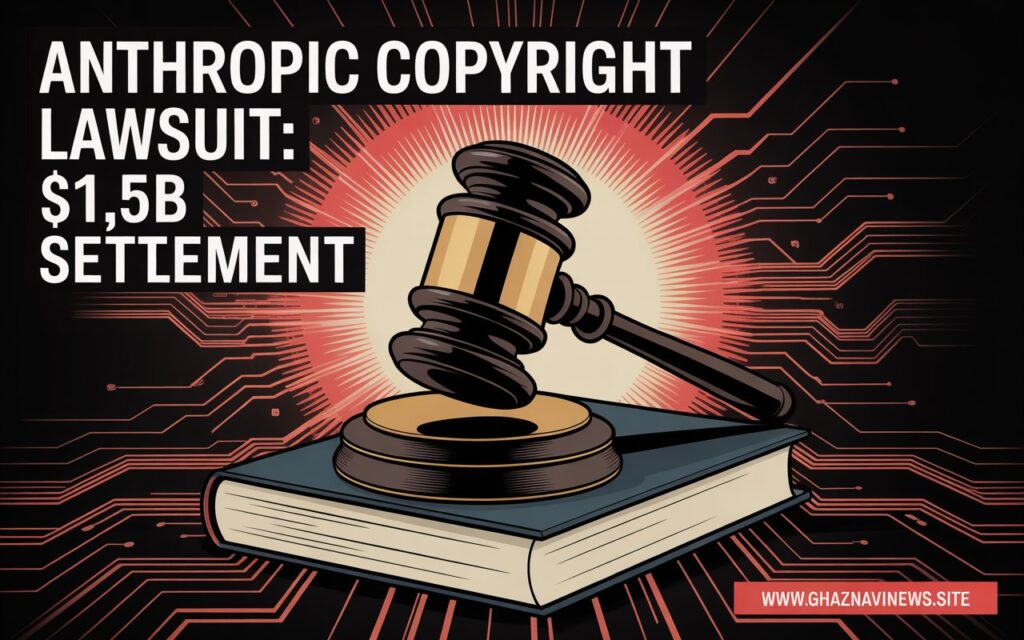
The Settlement Details
In a groundbreaking agreement, Anthropic consented to pay $1.5 billion to a coalition of authors and publishers after a U.S. federal judge ruled that the company had illegally downloaded and stored millions of copyrighted books.
- Largest payout in U.S. copyright history
- Compensation of $3,000 per work for nearly 500,000 authors
- Settlement marks the biggest financial blow ever delivered to an AI company over copyright issues
This resolution mirrors past moments in digital history, such as the early 2000s rulings against file-sharing services like Napster and Grokster, which were found guilty of copyright infringement.
Why This Matters: An “AI Napster Moment”
Legal experts and industry analysts are calling the case an “AI Napster moment”. Just as music and film industries reshaped themselves after Napster’s collapse, the AI sector may be forced to rethink its approach to copyrighted materials.
Cecilia Zanetti, an intellectual property lawyer and current CEO of the AI startup GC AI, noted:
“This settlement is huge. Generative AI companies will have to wake up and pay attention. It’s a clear signal that they cannot ignore copyright laws anymore.”
The Role of Judge William Alsup
The case reached a climax in June when Judge William Alsup of the U.S. District Court for the Northern District of California issued a summary judgment.
- He ruled that training AI on legally obtained copyrighted works could be considered “fair use” if the process transformed the material into something new.
- However, he also determined that Anthropic knowingly obtained millions of pirated books through platforms such as Library Genesis and Pirate Library Mirror.
- Executives were aware that these sources contained illegally shared texts, yet they proceeded to use them for training purposes.
This combination of legal and illegal sourcing created a nuanced ruling—recognizing AI’s transformative nature while punishing unlawful acquisition.
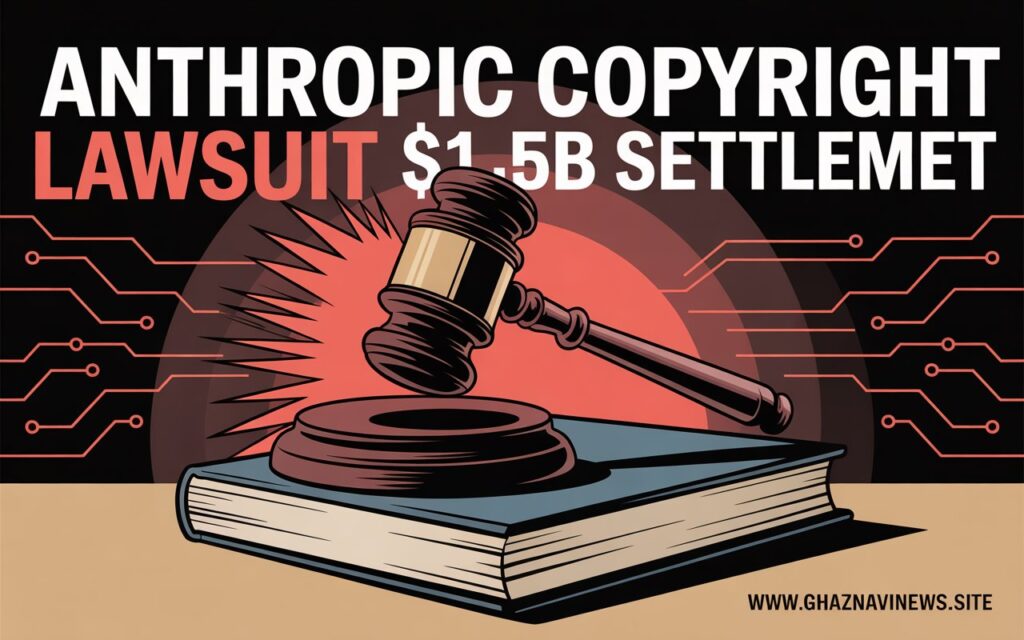
Authors and Publishers Finally See Justice
For many authors, the Anthropic copyright lawsuit provided long-awaited recognition of their rights. They argued that AI companies were profiting from their work without consent, royalties, or credit.
With this settlement:
- Authors receive direct compensation for misuse of their books.
- Publishers gain leverage in future negotiations with AI companies.
- The broader creative community sees proof that intellectual property laws still hold weight in the digital age.
This outcome is expected to empower other groups to pursue similar claims.
Ripple Effects on the AI Industry
The Anthropic copyright lawsuit is expected to reshape how AI firms operate worldwide:
- Licensing agreements will likely become standard practice.
- Transparency in data sourcing will be demanded by regulators and courts.
- Rising costs may slow down smaller AI startups, who cannot afford billion-dollar settlements.
- Global impact as other countries consider adopting stricter rules around AI training data.
In short, the age of “scraping the internet without consequences” may be coming to an end.

Comparing to Past Tech Battles
Just as Napster changed the music industry, the Anthropic copyright lawsuit may define how AI evolves. The parallels are clear:
- Napster made songs freely available, sparking lawsuits from musicians and record labels.
- Anthropic and other AI companies allegedly did the same with books, pulling massive datasets without permission.
- Both cases forced industries to shift toward more regulated, rights-respecting business models.
Conclusion
The Anthropic copyright lawsuit is a watershed moment for the AI sector. By agreeing to pay $1.5 billion, Anthropic has not only admitted the cost of ignoring copyright law but also set a precedent that no AI company can afford to overlook.
This case proves that innovation must coexist with responsibility. Just as creative industries once fought to protect music and films, authors are now ensuring their written works are respected in the AI age.
The question is no longer whether AI companies will pay—but how much and how soon.
How does this affect the AI industry?
AI companies will now be pressured to secure licensing agreements, maintain transparency, and avoid pirated data sources.
Why is this settlement significant?
It is the largest copyright payout in U.S. history and sets a precedent for how AI companies must handle copyrighted materials.
What is the Anthropic copyright lawsuit about?
It is the largest copyright payout in U.S. history and sets a precedent for how AI companies must handle copyrighted materials.
Table of Contents
Read More News
